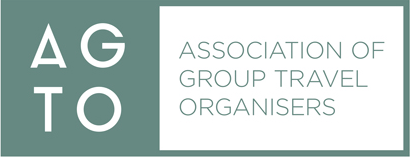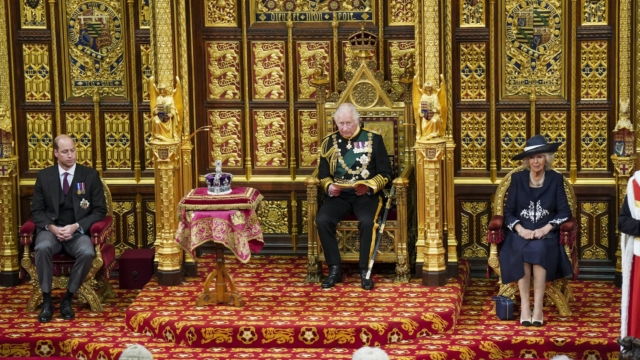
COVID-19 Update 21st July 2021
Updated Guidance on Test And Trace
You will have noticed that there has been a fair bit of confusion within Government regarding the requirement to self-isolate as a result of Test and Trace system with Paul Scully stating that it was up to the individual as to whether they self-isolate if they were “pinged” by the Test and Trace app only for Number 10 to issue the following statement that it was crucial that anyone pinged by the app to self-isolate.
“Isolation remains the most important action people can take to stop the spread of the virus. Given the risk of having and spreading the virus when people have been in contact with someone with Covid it is crucial people isolate when they are told to do so, either by NHS Test and Trace or by the NHS covid app. Businesses should be supporting employees to isolate, they should not be encouraging them to break isolation.”
As the situation stands, it is a legal requirement to self-isolate if the are contacted through Test and Trace (ie., someone calls you to tell you that you need to self-isolate) but it is only guidance to self-isolate if you are “pinged” through the app. However, although self-isolating after being pinged by the app is not a legal requirement, it is expected of people.
In addition, the Government has updated guidance on businesses that it should still be encouraging customers and to check in using QR codes and maintaining records of staff and visitors who choose to provide their contact details. These businesses are:
-
- hospitality, including pubs, bars, nightclubs, restaurants and cafes
- tourism and leisure, including theatres, museums and cinemas
- close contact services
- places of worship
- facilities provided by local authorities such as libraries and community centres
Nadhim Zahawi’s Statement
In yesterday’s update I mentioned that Nadhim Zahawi had made a statement to Parliament on an extension of the self-isolation exemption for those in critical roles, advice on vaccination for children and upcoming rules for nightclubs. The statement was subsequently published and is available on the following link. Some of the key passages are:
-
- we are drawing up plans for a potential booster programme — subject to advice, the final advice from the JCVI — so we can protect the most vulnerable ahead of winter.
- we recognise there are some very specific circumstances where there would be a serious risk of harm to public welfare if people in critical roles are unable to go to their workplace – like air-traffic controllers or train signallers. So people in those kinds of roles who have received two vaccinations — plus two weeks beyond a second vaccine — will not need to self-isolate to perform those critical tasks. The people eligible for this will receive personalised letters setting out the steps they must follow.
- By the end of September, everyone aged 18 and over will have the chance to receive full vaccination – and the additional two weeks for that full protection to really take hold. So at that point we plan to make full vaccination a condition of entry to nightclubs and other venues where large crowds gather. Proof of a negative test will no longer be sufficient.
Obviously it is important that we establish what “other venues where large crowds gather” means in practice as this will could have significant implications for a wide range of businesses, events and destinations so I will come back to you as soon as I can get any details on this.
Impact of Coronavirus On Businesses In Different Regions
ONS has published a study on the impact of coronavirus on businesses in different regions of the UK. Of particular interest is the interactive graphic in the study which you can use to look at businesses that are open, have staff on furlough and have experienced a decrease in turnover.
Guidance for Pregnant Employees
The guidance for pregnant employees has been updated to take into account the move to Step 4 and the Government’s guidance for workers to return to work
For women less than 28 weeks pregnant with no underlying health conditions
-
- The employer must undertake a workplace risk assessment with the employee and occupational health team.
- Employees should only continue working at the business premises if the risk assessment advises that it is safe to do so.
This means that the employer should remove or manage any risks. If this cannot be done, the employer should offer suitable alternative work or working arrangements (including working from home) or suspend the employee on normal pay.
For women more than 28 weeks pregnant or with underlying health conditions
-
- Employers should take a more precautionary approach
- For many workers, this may require working flexibly from home in a different capacity.
- All employers should consider both how to redeploy these staff and how to maximise the potential for homeworking, wherever possible.
Pregnant women of any gestation should not be required to continue working if this is not supported by the risk assessment.

